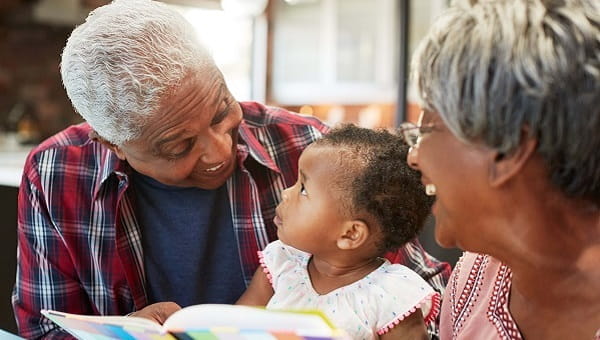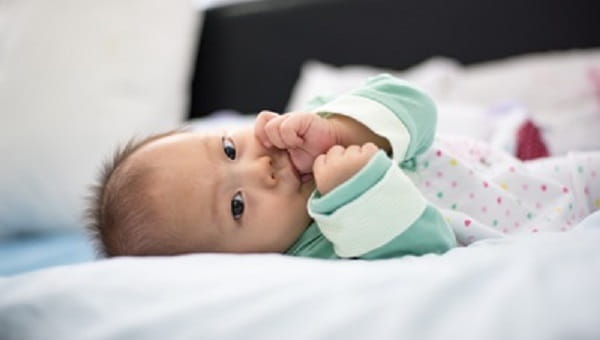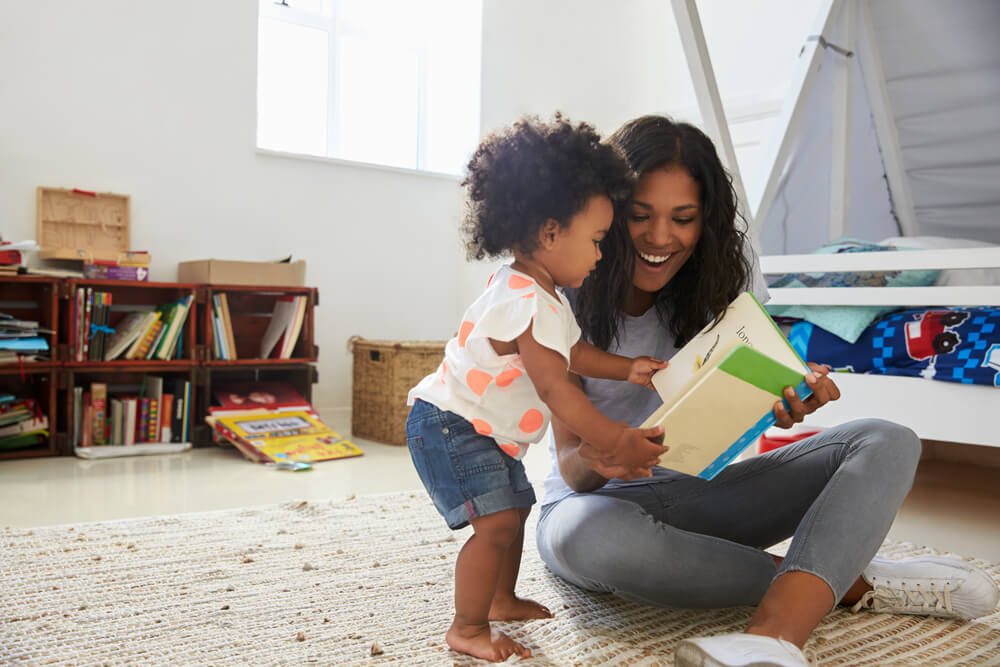Even though babies recognize and prefer their own parents almost from birth up until about six months or so, they’ll happily interact with other adults as well. Then, there’s often a period of a couple of months where the babies aren’t afraid, but just don’t care to spend time with unfamiliar people. And, at about 8 or 9 months of age, stranger anxiety appears—sometimes out of nowhere.
This phase often lasts well into baby’s second year, when regular separation anxiety also develops. While it can be inconvenient and frustrating to go through such drama every time you need to leave your child with another caregiver, keep in mind that this is a normal and healthy part of his emotional development. Also, take some comfort in the fact that it shows a healthy attachment (i.e. love) toward you.
Addressing stranger anxiety with your child
If you regularly leave your child with the same caregiver, for example taking him to a daycare center while you work, then his anxiety will diminish as the routine becomes more familiar. In other situations, such as with family members who aren’t as familiar, it’s important to respect your baby’s feelings. Try not to “force” him to hug Grandma or Uncle Joe if it obviously causes distress. Reassure him that the situation is okay, and the people who are there are okay, but let him stay close and feel safe. If your baby has developed anxiety around one parent, for example, he’s anxious around dad because he’s usually home with mom, this can be trickier. Try to spend as much time as possible as a family, so that he feels more comfortable around dad.
Addressing stranger anxiety with other adults
It may be embarrassing or uncomfortable for you when your child rejects Grandma or Uncle Joe, but they are adults, and you can explain why it happens (hopefully without any hurt feelings). If possible, give adults a head’s up beforehand, and let them know it’s best not to rush over and try to hug your child the minute they walk in the door. Sometimes, all it takes is a few minutes for a child to warm up to the “stranger.”
Word of caution
If your child seems to have developed anxiety only around one particular person, or one particular place (someone’s home, daycare, etc.), then you need to take that more seriously. Look for signs that something may be going on that’s scary or harmful to your child—even if it’s something the person may not be doing on purpose, or something they aren’t even aware of.




